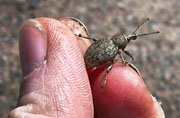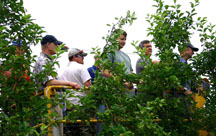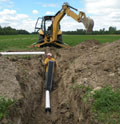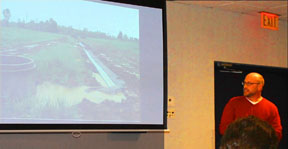The NNYADP thanks New York State Senate Agriculture Committee Chairwoman and Senator Patty Ritchie and NYS Senator Betty Little for their comments on the NNYADP funded beef survey project in a recent article by Lancaster Farming Correspondent Paul Post.
We share those excerpts below. To read the entire article, please click here.
Senator Senate Agriculture Committee Chairwoman Patty Ritchie, R-St. Lawrence County, represents the western half of the region. Livestock represents one of the largest sectors of New York’s agriculture industry, Ritchie said, “and in order for it to continue to expand, we need to know what’s happening on the ground level,” she said. “I’ve been pleased in recent years to advocate for funding for the Northern New York Agricultural Development Program to help make efforts like this possible, and am looking forward to seeing how these findings help guide New York’s beef industry as it continues to grow.”
State Sen. Betty Little, R-Glens Falls, represents the eastern part of the North Country.
“This survey shows the growing trend in the beef industry, which is consistent with discussions I’ve had at our county fairs,” she said. “In the North Country, we have good soil and plenty of water, and a consumer population increasingly interested in knowing where their food comes from and wanting high-quality beef for its nutritional content.”




